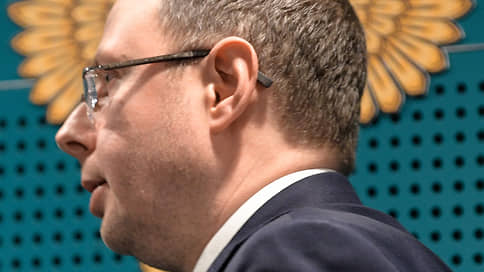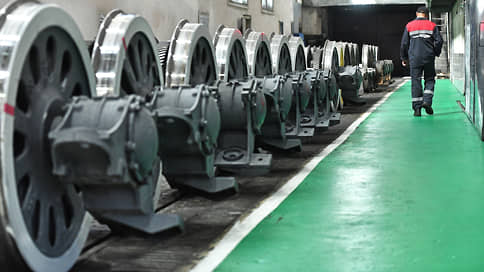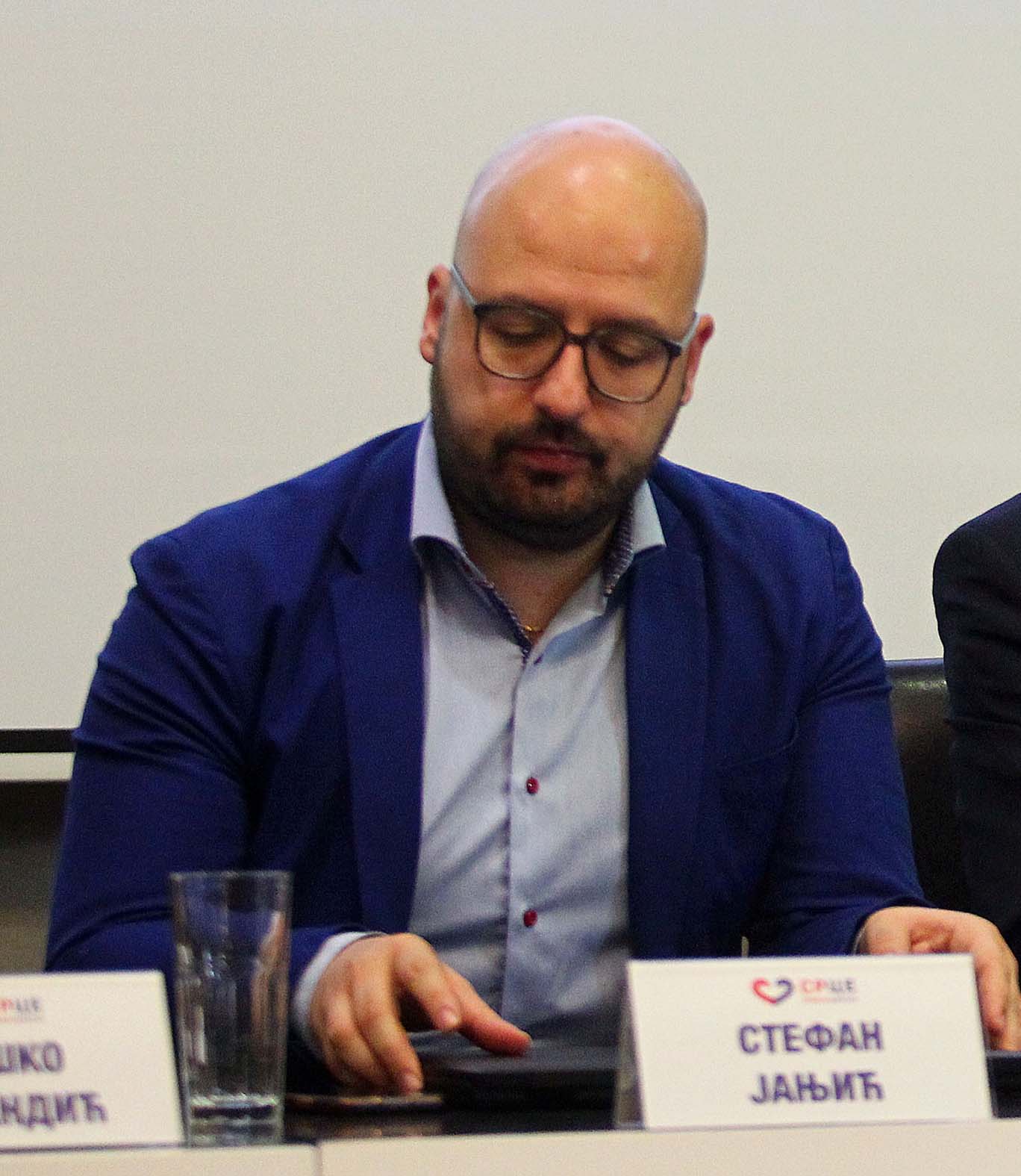FAS digitalization: how it will work

In the work of the Federal Antimonopoly Service (FAS), informatization will play an increasing role-its discussion has become the key topic of the collegium with the participation of the “digital” deputy prime minister Dmitry Grigorenko. For effective management of the economy, the government also needs price data in real time, so the FAS is instructed to expand the list of goods for price monitoring, as well as develop Antikartel GIS for automated search for conspiracies at the auction: in the White House they see healthy competition with one of the key conditions for the development of markets.
Timely and correct decision -making of the FAS is impossible without the digitalization of key areas of service. The topic became central at an expanded meeting of the collegium of the service on April 23. Recall that after the transfer of the Federal Antimonopoly Service in 2024, the maintenance of two deputy prime ministers (“Economic”-Alexander Novak and “Digital”-Dmitry Grigorenko) in the government discusses a new stage of its informatization. For the effective management of the economy, the Government digital office is needed, including price data in real time (see Kommersant on July 30, 2024) – as the Russian economy grows from the global economy, the White House for support for domestic demand, which has become even more relevant with the start of the United States of the global trade war.
The head of the FAS Maxim Shaskolsky summed up the intermediate results of this work yesterday. In particular, in 2024, the service, together with the treasury, launched a dashboard of the national system of price indicators. The service makes it possible to monitor exchange and over -the -term transactions, and on one panel it displays price indicators for groups of goods – Benzine, diesel fuel, fuel oil, coal, bitumen and gas. Now work is underway on Dashboard already with prices for goods from the manufacturer to the retail link. In addition, the FAS continues the development of GIS Services Antikartel and FGIS Tariff (to transfer tariffs to digital format and monitoring the implementation of investment programs in housing and communal services).
In a video message to the meeting participants, Prime Minister Mikhail Mishustin also noted that improving the eradication of conspiracy and cartic agreements is impossible without interagency interaction and use of big data and artificial intelligence. For automatic detection of cartels in public procurement and in commodity markets this year, it is planned to launch GIS “Antikartel” (see “Kommersant” of December 9, 2024). The FAS already uses digital tools in the investigation of cartels, but their functionality is limited and does not allow to track the entire volume of trading – and the goal is set like this. “Today, the FAS becomes not only a supervisory organ. The best system is the one in which there are no violations. IT technologies allow the department to act preventively-deal not with the facts of violations, but to warn these events at the stage of emergence of the problem, ”said Dmitry Grigorenko.
According to him, for the exact and rapid detection of dishonest transactions, more data is needed. So, in 2025, the task was set to integrate the Antikartel GIS with the Federal Tax Service systems, the FCS and the electronic platforms of public procurement. Digitalization of antimonopoly control should help increase competition at the auction and saving budget funds, so the Antikartel GIS project is included in the national project “Economics of Data and Digitalization of State Administration”.
The list of goods for price monitoring is supposed to be expanded – this will make it possible to see the sharp jumps in prices online and solve the problem even at the “Building” stage. The more product groups will be in the system (it is assumed that all fibers will have access to it), the higher the effectiveness of its work will be, but for the prompt response to prices, it is necessary to collect information from departmental systems to a single contour.
Another area of work for the FAS is a single procedure for trading state property. Now trading by state property and state resources are carried out according to different rules and through different systems, and for some there are no online bidding. Thus, equal business access to bidding is not provided, and the state can receive money due to the risk of sale at a very low price. The State Duma adopted the bill on a single manner in the first reading in March.







